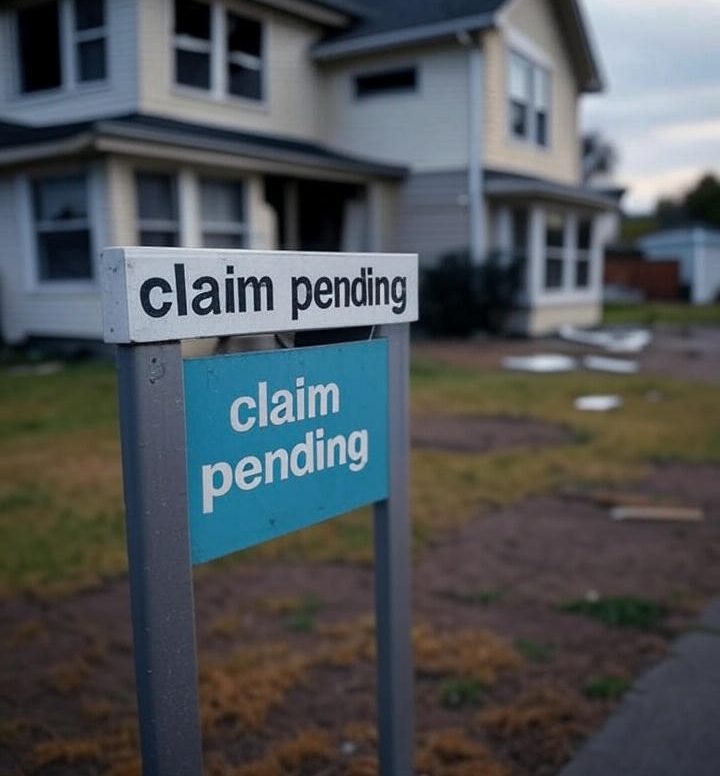
Delayed insurance claims can freeze millions in real estate assets. When disaster strikes a property, whether through storms, fire, or water damage, owners immediately turn to insurance for relief. But what happens when the claim process stalls or ends in a dispute? Property value gets trapped, and the ability to liquidate or reinvest that asset is delayed. This ripple effect has become a quiet but serious threat to real estate liquidity and broader market movement.
Insurance disputes often tie up properties for months or even years. Until the insurance issue is resolved, homeowners, landlords, and developers can’t unlock equity or list the property for sale or lease. Many turn to experienced injury attorneys like those at Payne Law, who understand how to push claims through legal roadblocks and speed up resolutions. This legal help becomes critical in restoring financial momentum for property owners.
Understanding Real Estate Liquidity
Real estate liquidity refers to how fast and easily a property can be converted to cash. Unlike stocks or bonds, which are relatively easy to trade, real estate is already considered a less liquid asset. Any delay, like a pending insurance claim, can make the property virtually unmovable in the short term.
Buyers, investors, and banks hesitate to touch a property tied up in legal uncertainty. Whether it’s a burned-down rental or a flooded commercial building, unresolved claims decrease market trust and potential sale prices. This situation not only affects individual owners but also weakens broader confidence in the sector.
The Hidden Toll on Money Markets
Insurance claim disputes don’t just affect individual property holders. They slow down entire financial ecosystems. When properties are tied up in legal red tape, banks can’t issue new mortgages, real estate investment trusts (REITs) can’t rebalance their portfolios, and real estate-backed securities may decline in value.
Liquidity isn’t just a convenience. It’s a backbone for market health. Delays mean capital is locked, which limits investment potential in other areas like infrastructure, development, and innovation. In worst-case scenarios, this can trickle down into higher borrowing costs and slower economic recovery after regional disasters.
The Role of Law Firms Like Payne Law
Property owners facing denied or delayed claims often don’t know where to turn. Insurance policies are filled with complicated clauses, fine print, and vague language that companies can use to stall payouts. Law firms like Payne Law step in with specific expertise to counteract these tactics.
By speeding up claim resolutions, they help unlock trapped property value. This allows property owners to reinvest, refinance, or sell. In turn, those actions restore equity, support local markets, and help normalize liquidity cycles.
“An unresolved claim is more than a legal issue—it’s a financial freeze on an asset,” says one Florida-based real estate analyst. “Firms that help push those claims forward are indirectly helping the economy recover.”
Examples from the Field
Consider a beachfront hotel in Florida damaged during hurricane season. The owner filed a claim but didn’t see any payout for nearly 18 months due to insurer delays. During that time, the property couldn’t operate, couldn’t be sold, and was unable to get refinancing. Once legal intervention helped release funds, the owner restored the property and eventually sold it at full value.
Or take the case of a multi-family apartment complex in Texas hit by a winter freeze. The insurance company only approved partial payment, citing technical exclusions. Legal help reversed that decision, releasing the full amount. The property owner used that money to repair units and keep tenants housed, protecting their income stream and market position.
What Property Owners Should Do
If you’re stuck in an unresolved insurance claim, don’t wait. Legal advice early in the process can help protect your rights and speed up your financial recovery. Every month your property remains tied up is a month of lost opportunity and blocked equity.
Checklist for Protecting Property Liquidity
- Review your policy annually with a legal or insurance expert
- Document all damages with photos, videos, and receipts immediately
- Hire legal support if your claim is delayed or denied
- Communicate with lenders and stakeholders during claim periods
READ ALSO: Seekers of HO-6 Insurance Met with Contentious Rate Increases
Final Thoughts
Insurance claim disputes are often overlooked in liquidity conversations. Yet they play a direct role in the speed at which real estate can be reinvested, sold, or used as collateral. With the help of knowledgeable legal teams like Payne Law, property owners can take control, resolve disputes faster, and protect their place in the market.
In the end, a swift insurance settlement is more than peace of mind—it’s a financial strategy.
